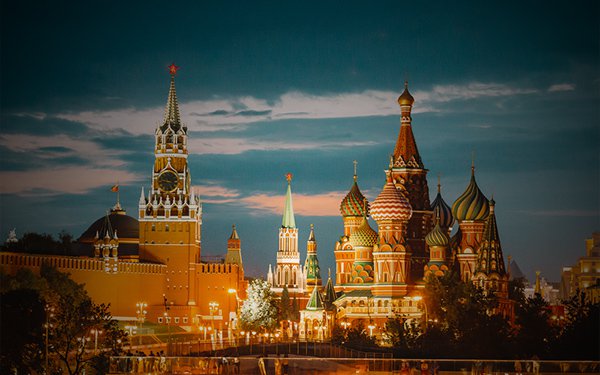
Russia is experiencing a new form of digital
isolation as its citizens remain cut off from the dozens of western-based media and social sites that have been forced to suspend operations and pull out of the country.
Top10VPN reported that
203 news sites have been blocked in Russia. The majority of these are Ukrainian news services.
The list -- long and wide of published sites updated today -- ranges from news media to financial institutions. “We analyzed
over 7,000 entries to Russia’s central registry of blocked websites and found 490 domains relating to the Ukraine invasion have been banned since Feb 24,” the website notes.
advertisement
advertisement
On
Friday, Russia demanded that Google stop spreading threats against Russian citizens on YouTube. Those alleged threats were running as advertisements on the site.
Roskomnadzor, Russia's state
communications regulator, said Friday that advertisements running on the platform called for the suspension of the communications systems of Russia and Belarus' railway networks, and that
dissemination of the ads was evidence of the U.S. tech giant's anti-Russian position. It did not say cite the accounts publishing the ads, Reuters reported.
The claim suggests that ads put out
“calls to disable the railway communications of Russia and Belarus.” Roskomnadzor told Reuters that “the actions of the YouTube administration are of a terrorist nature and threaten
the life and health of citizens.”
YouTube blocked Russian state-funded media globally last month. Roskomnadzor in February said it wrote to Google's parent company, Alphabet,
demanding that access to Russian media's YouTube channels be restored on Ukrainian territory.
The group wanted all restrictions removed. Moscow said it was partially limiting access to
Meta's Facebook platform, accusing it of "censoring" Russian media.
Then earlier this week, Russia blocked Meta’s platform Instagram after it allowed social media users in
Ukraine to post messages such as "Death to the Russian invaders." The government had already stopped access to Facebook because of what it said were restrictions by the platform on Russian media.
TikTok early in March began blocking Russian users from live streaming or uploading new videos, citing Russia’s "fake news" law. The
company said it has dedicated significant resources to developing and enforcing new protective measures.
Virtual Private Networks, according to Business Insider, have become a way for
people in Russia to reconnect through the internet with the west. The VPN can connect internet traffic through a secondary, remote server that bypasses specific country restrictions.
Surfshark, a VPN company in Lithuania, told Insider its average weekly sales in Russia have increased by 3500% since February 24, the day Russia invaded Ukraine. The largest
spike occurred March 5 and 6, when Russia announced it would take action to block access to Twitter and Facebook.
Companies are building workarounds. For example, Twitter last week debuted a
version of its social-networking platform on Tor, Ars Technica reported. Tor -- short for The Onion Router -- is s free open-source software for enabling anonymous communication.